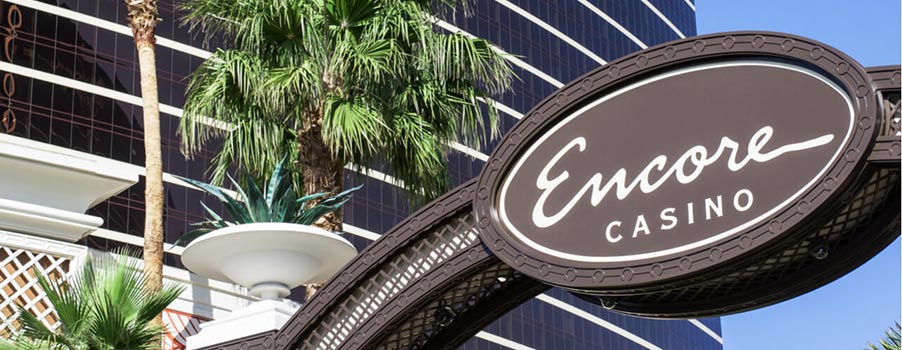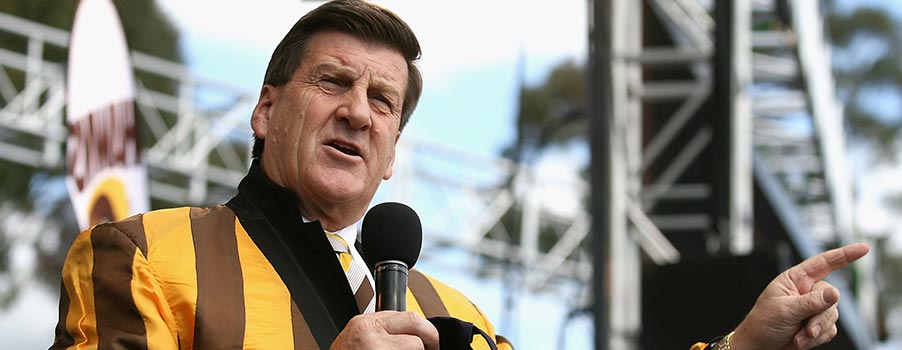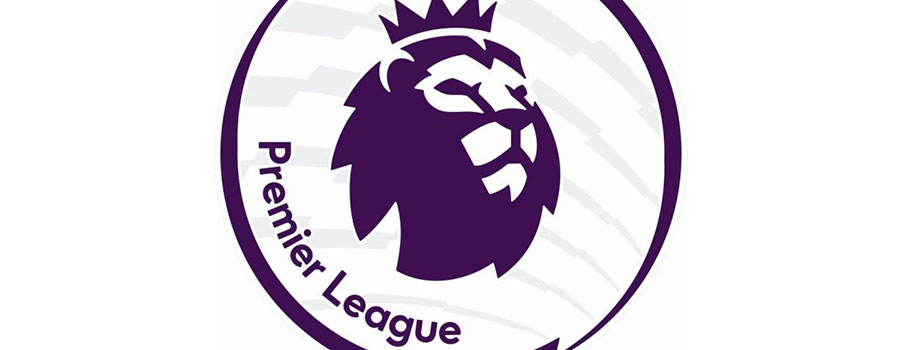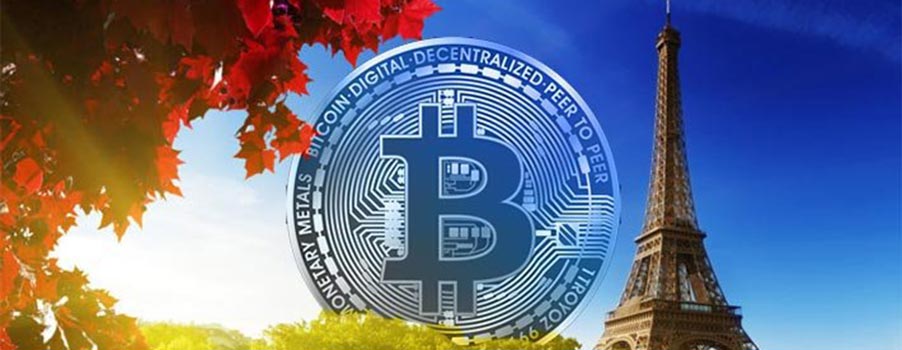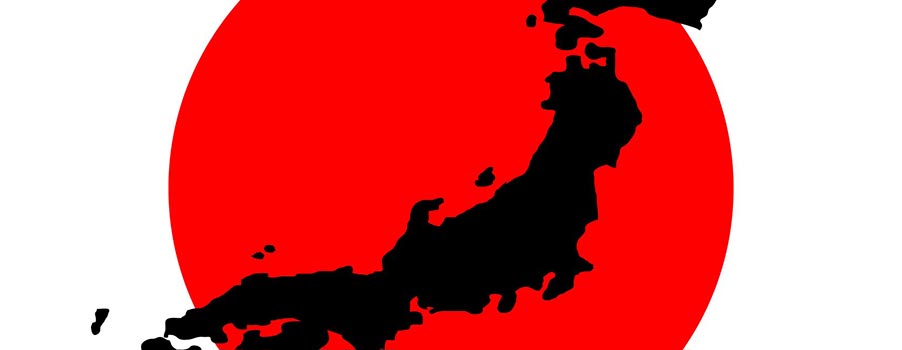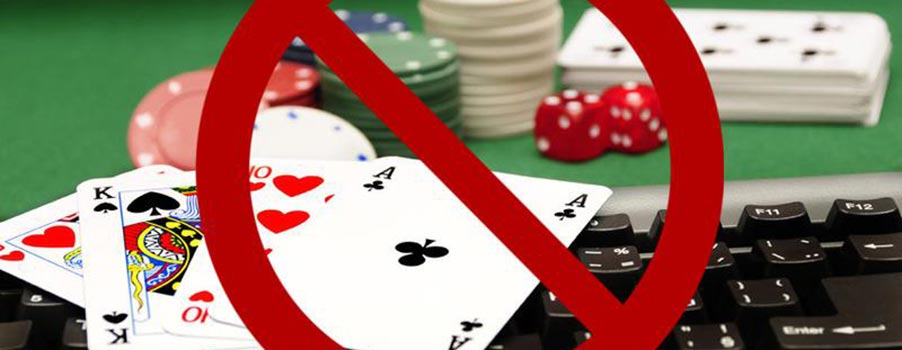The Massachusetts Gaming Commission on Monday made a decision to allow Wynn Resorts to drop Steve Wynn’s name from its license for a planned $2.5 billion casino in the state. Wynn Resorts has been in the spotlight for quite some time following sexual abuse allegations levelled against Steve Wynn. The gambling commission’s decision came amid ongoing investigations by associated state regulators as part of a process that could affect the company’s operations in Massachusetts.
As of now, Steve Wynn, the company’s fallen founder who resigned a few months back, no longer has anything to do with the planned casino. The regulators have since confirmed that as far as they are concerned, Wynn and the company have effectively parted ways.
“The commission rejects the characterization by Mr. Wynn’s legal counsel that he is nothing more than an ordinary private citizen of the state of Nevada vis-a-vis Wynn Resorts,” the Massachusetts Gaming Commission wrote. “There is, however, substantial evidence that the relationship between Mr. Wynn and Wynn Resorts has been terminated in a meaningful way such that Mr. Wynn no longer falls with the definition of a qualifier at the conclusion of the upcoming annual shareholders meeting.”
The gaming commission’s decision was made on condition that Steve Wynn would not vote at the company’s annual shareholder’s meeting that is slated for next week. The company’s lawyers then requested that Wynn is removed as one of the “qualifiers” for the sake of the company’s Everett casino that has now been renamed the Encore Boston Harbor. Fortunately, all of Steve Wynn’s stock has been sold thus effectively severing all ties between him and the company.
“We are pleased that the Massachusetts Gaming Commission has concluded Steve Wynn no longer has any involvement in our company and should no longer be considered a qualifier,” a Wynn Casino spokeswoman said. “We look forward to continuing to move Encore Boston Harbor forward.”
In addition to this, the company has gone a step further by implementing a policy that requires Wynn Resorts’ officers and directors to report any direct or indirect communication with Steve Wynn or to Wynn LLC Legal counsel. This is particularly important because the company is still being investigated in order to determine how it dealt with the allegations of sexual misconduct.

